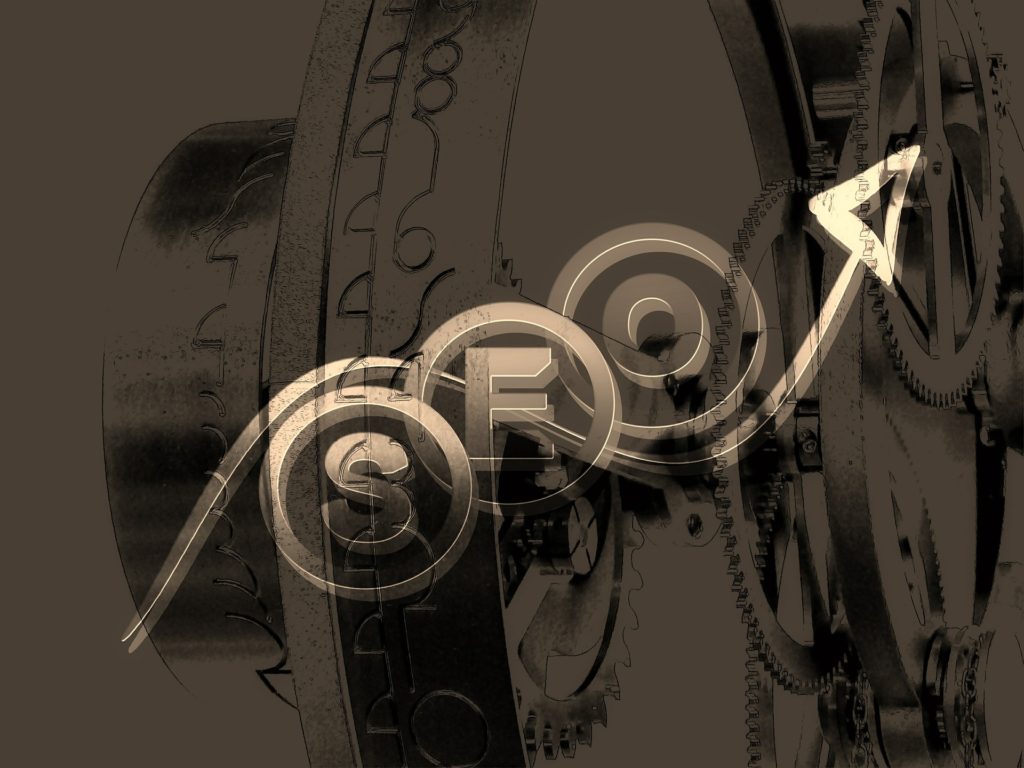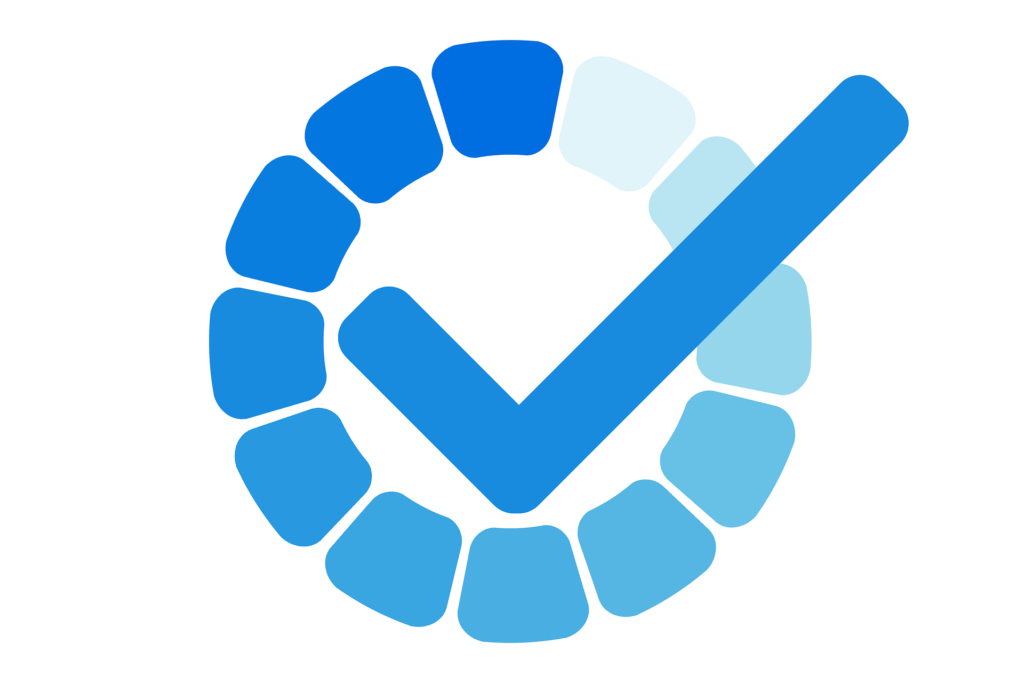Your very own SEO checklist for the new year!

Search Engine Optimisation is the bomb nowadays for the digital industry. What is there to it? Google use it to rank websites and these websites use SEO to have their webpage ranked in Google traffic. It’s the same cycle over and over again but it says something – SEO is here to stay.
While there are many innovations in technology, there’s also some changes in the SEO community and its usage. A lot of digital marketers have strategies and these can be applied in your own website too. It doesn’t even matter if you’re a beginner, what matters is that you know how to work your way around this kind of an activity. And since it’s 2018, here are some things that you can remember about SEO for your website.
Practice keyword research.

The more you want to optimise your website, the most likely that it needs to have target keywords. These are a set of “words” or an specific word in which Google can indexed you into their system. Keywords are the reason why you’ll be seen across search engine. This is why it’s important that you practice keyword research.
Intensify your keyword by giving a good amount of your time in researching for the “best” one. Once you’re done with that, you need to compare it to your competitors as well. This will provide you a chance to examine the competition and to know whether their keywords are better than yours or not.
It’s practically a strategy game. But in the end, you’ll be able to optimise your site by using an ON-Page SEO.
Strong URL structure.

URLS back then are difficult, hence it became complicated for most users. That is why there are still some URLs, if you look closely, that are far friendlier than what URLs usually look today.
Those that are challenging to go by usually pushes keywords down the drain.
Evidences show that a well and strong structured URL can provide a boost for your SEO since most users today would go towards legit and formal looking website URL. Who wouldn’t?
Do not forget to “link”.

It is not unusual that websites today have blogs but if they do not, usually you can just see words with “linked” sources both internal and external. How is this so? Some people think that it’s tacky to use other resources while others love to show their own posts inside their own content.
Google is way smarter than you think. It has algorithms that can track down “spam”, “link spam” or “keyword stuff” in a blog. In order to break that kind of system, it would be wise just to use linking to make your website legit.
An internal link can promote your new blog posts or even the past ones.
The external link can give you a sense of “quality” in your posts which is a thumbs up for Google.
In the end? It’s a win-win situation.
Page load.

Little do you know, it’s not the connection that makes your webpage load faster. It’s how you’ve maintained, created and launched your website that can make it load with speed – it’s your hosting services that could help you out on this one. The faster your page loads, the more people would love to visit your site more often than not.
If a page loads faster than a speeding bullet, you’re just appeasing your customers or visitors that they’d love to come back again.
In SEO, page clicks and views are the best ranking strategy that you can ever imagine.
